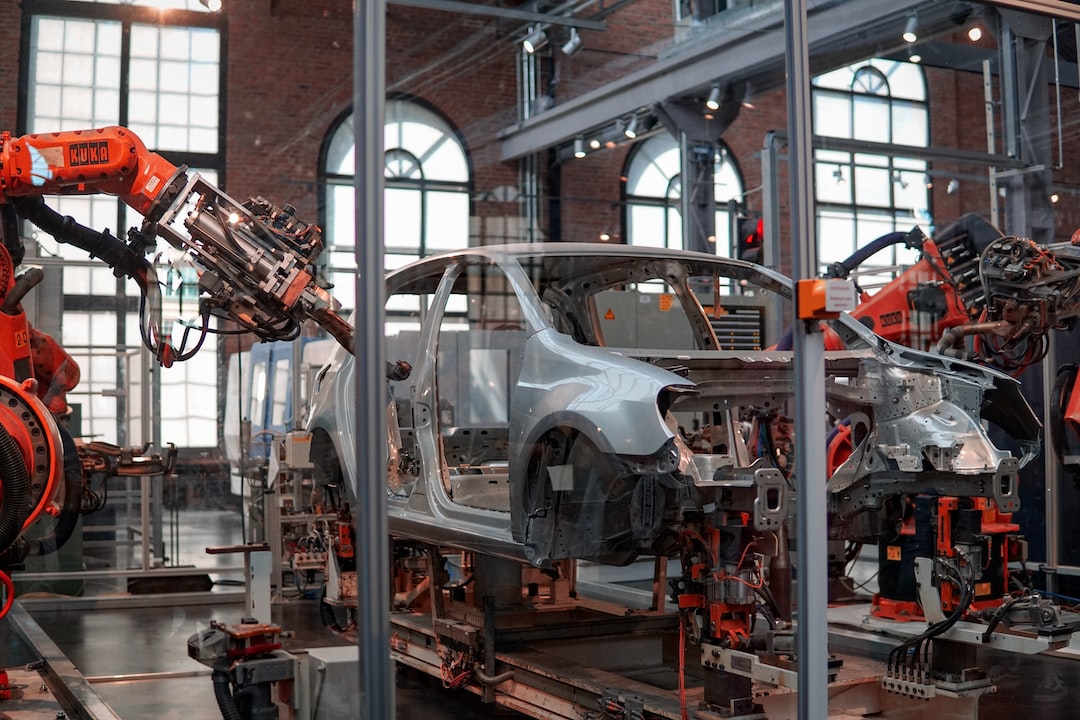As technology continues to advance at a rapid pace, the manufacturing industry is also being revolutionized by automation, data analytics, and the Internet of Things. While these advancements bring the promise of increased productivity and efficiency, they also bring new challenges, particularly in the form of cybersecurity threats.
The manufacturing industry is no stranger to cyber attacks. In recent years, there have been several high-profile incidents where manufacturing plants and companies have fallen victim to cyber attacks, resulting in significant financial losses, reputational damage, and disruptions in operations. These incidents serve as a stark reminder of the importance of cybersecurity in the manufacturing industry.
One of the key reasons why cybersecurity is crucial in the manufacturing industry is the increasing interconnectedness of devices and systems. With the rise of the Internet of Things, manufacturing plants are becoming more digitized, with machines, sensors, and other devices connected to networks. While this connectivity offers numerous benefits, it also increases the attack surface for cybercriminals. A single vulnerability in the network can potentially compromise the security of the entire manufacturing system.
Cyber attacks in the manufacturing industry can result in various consequences. For instance, intellectual property theft is a major concern. Manufacturing companies invest heavily in research and development, developing proprietary processes, designs, and technologies. If these intellectual assets are stolen or copied, it can lead to severe financial losses and undermine a company’s competitive advantage.
Moreover, cyber attacks on manufacturing plants can disrupt operations, leading to production delays and potential supply chain disruptions. For example, if a manufacturer’s production line is compromised by ransomware, it may bring production to a standstill until the issue is resolved, resulting in lost revenue and customer dissatisfaction. The impact of these disruptions can cascade throughout the supply chain, affecting other businesses and industries.
Another important reason for prioritizing cybersecurity in manufacturing is to protect employee safety. With the increasing automation and integration of robots and other smart devices in manufacturing plants, a cyber attack could potentially manipulate these devices, causing accidents or injuries. Ensuring the integrity and security of these devices is crucial to safeguarding the well-being of the workers.
So, what can the manufacturing industry do to enhance cybersecurity? Firstly, it’s important to adopt a proactive approach. This includes conducting regular security audits and risk assessments, identifying vulnerabilities, and implementing appropriate safeguards. It’s also crucial to have a robust incident response plan in place to minimize the impact of an attack when it does occur.
Furthermore, investing in employee training and awareness programs is essential. Employees should be educated about the various cybersecurity risks, such as phishing attacks and social engineering techniques, and be taught best practices to mitigate these risks. Encouraging a culture of cybersecurity within the organization will help create a strong line of defense against potential cyber threats.
Collaboration and information sharing within the industry are also vital. Manufacturing companies should actively participate in initiatives and forums that promote knowledge exchange and collaboration on cybersecurity issues. By sharing insights, best practices, and threat intelligence, the industry as a whole can better prepare for and defend against cyber attacks.
In conclusion, cybersecurity is of utmost importance in the manufacturing industry. With the increasing reliance on interconnected devices and systems, the industry is becoming increasingly vulnerable to cyber attacks. Safeguarding intellectual property, protecting employee safety, and ensuring the smooth functioning of operations are just some of the reasons why cybersecurity should be a top priority. By taking proactive measures, investing in employee training, and fostering industry collaboration, the manufacturing industry can strengthen its cybersecurity defenses and effectively mitigate the risks posed by cyber threats.

